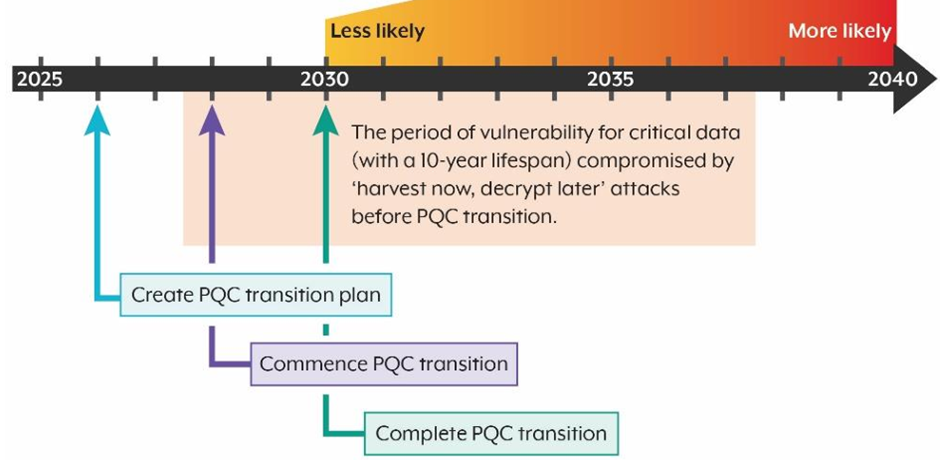Cyber-consciousness
- Raja Ravi
- Oct 23, 2023
- 3 min read
The Australian Cyber Security Centre (ACSC) theme for 2023 cyber awareness month is 'Be cyber wise – don’t compromise'. Lets reflet.
How many of us (a common person) really shut down our devices daily or at least weekly?
How do we know that our devices are up to date with so many applications running and collecting our data in the name of giving the best customer experience?
So many junk emails or SMSes are a major disturbance for us. As per scamwatch reports phishing is in the top most category of scam and well ahead of every other type. Nowadays the phishing emails, SMSes that we receive seem to be so genuine emails, unless we pay a close attention we are prey for that. I call this attention not awareness, nor wise, it is about consciousness. The term ‘cyber-consciousness’ has its roots in cybernetics and a definition (by McDougall) is literary embodiment of the intermediation between human cognition and the digital machine (DOI:10.16995/c21.555). However, my definitions are simple.
Cyber awareness is about a person’s knowledge level of security configurations on their devices.
The alertness while using the devices and resulting actions is cyber consciousness.
For example, we are aware that we should not click on the links provided by phishing messages or emails. However, sometimes, we tend to do miss it either some drama at home or simple disturbance or hurry that makes us do this mistake.

To be conscious the cybersecurity awareness needs to be customised and personalized at individual level. As Saket campaigns, our actions on the devices to be measured and should be one of the prime selection criteria for employment. My opinion is, such automatic measures are not only to judge our actions they should be used to alert us on where to improve with our cyber-consciousness. Before such kind of tools are widely available, some easy consciousness improvement actions are
Regular cyber health check - Imagine our postal mail box is filled with junk mails. We have to find legitimate mails from that. While the email service providers filter the junk mails and, we are still left with many information only emails e.g. subscriptions (personal or professional). Lets park some time – weekly or fortnightly to reduce the load on our mailboxes and unsubscribe the unwanted.
Identifying/sensing the spam emails - Stop opening the personal emails or messages in social media apps when you get bored and small breaks at work. Open the personal mails when we can focus and pay attention.
Think before clicking the links in the email – When we see a link especially a campaign mail from even a known organisation or person, lets double check the authenticity of the email address. Even a small suspicion, ignore that.
Ultimately ensuring that no privacy or bank card details are provided in the websites/forms which capture our data.
Clean and Clear desk – Being conscious to lock the computer even when we are going to kitchen or toilet unless there is no one in the home. Kids or pets might be able to press a wrong button.
What to do if you responded to a phishing email – Don’t panic –be conscious and get ready to take appropriate actions. The immediate actions can be
Letting your bank or financial institutions know as soon as possible
Temporarily block your cards, change your account passwords
Lodge a report through the ACSC’s ReportCyber and
Visit the IDCARE website or call 1800 595 160 for free and confidential advice.
Have a safe and secured use of smart devices.




Comments